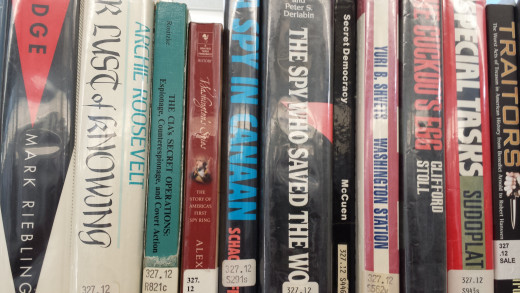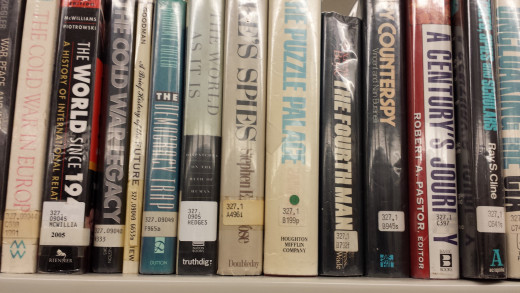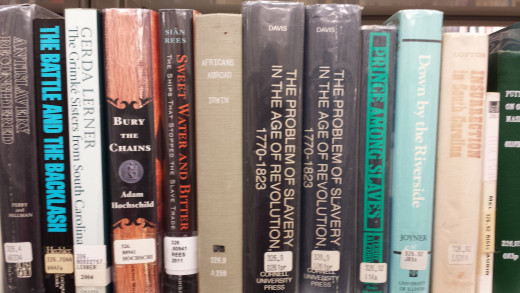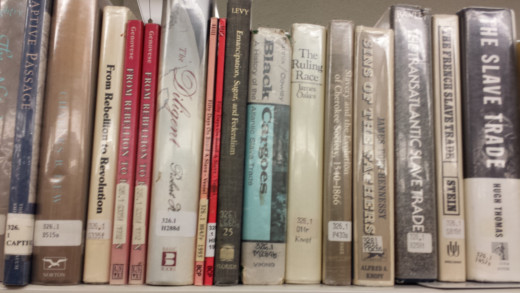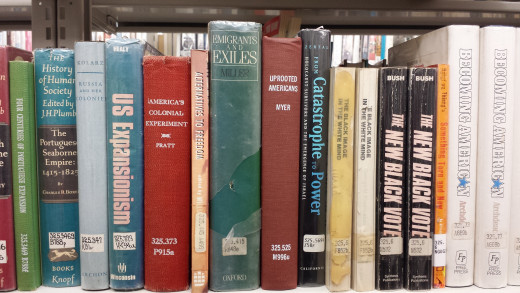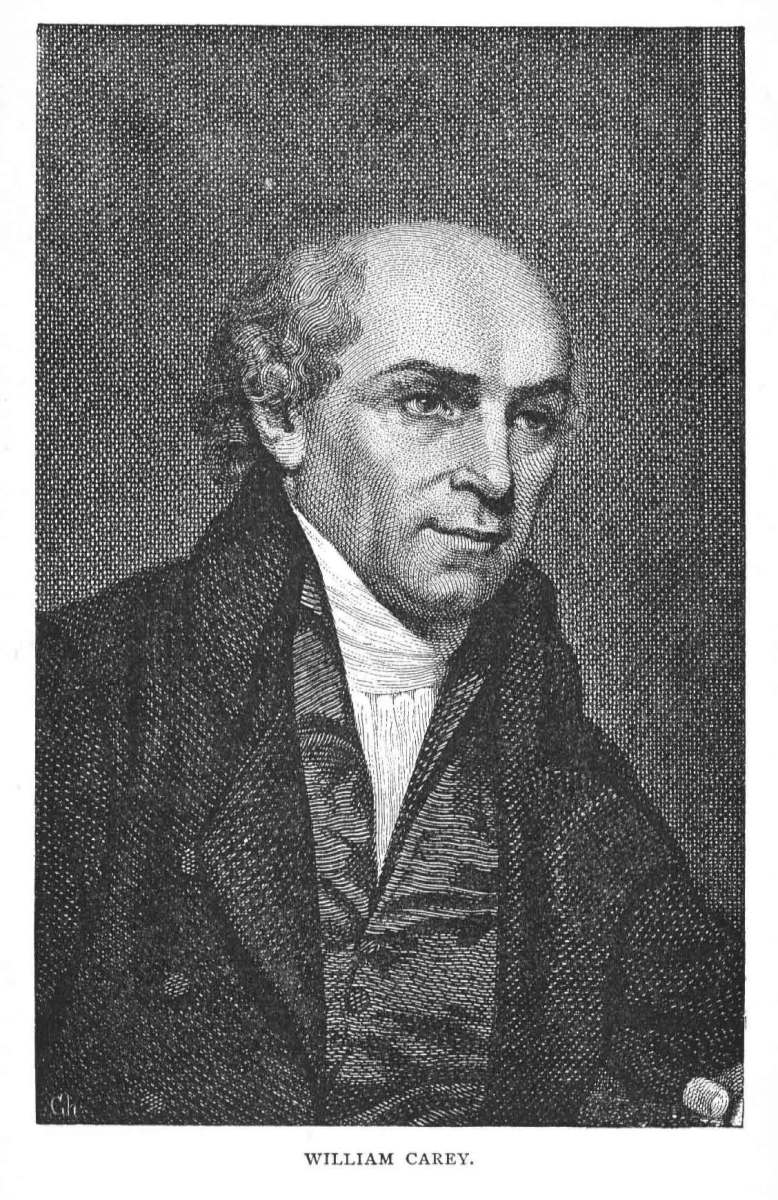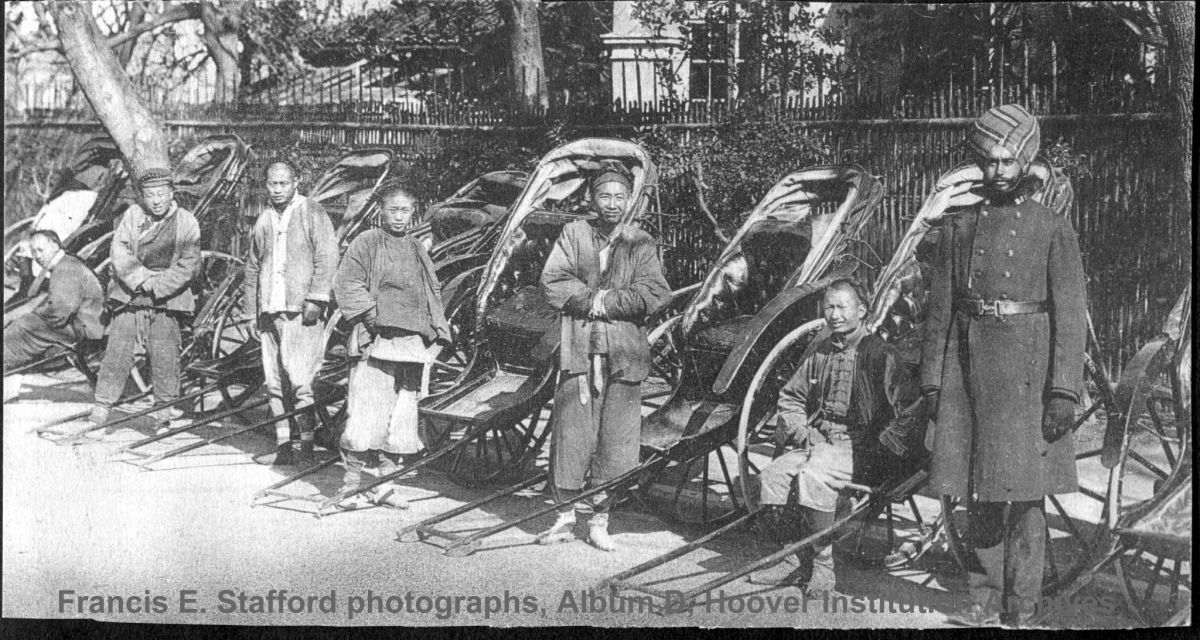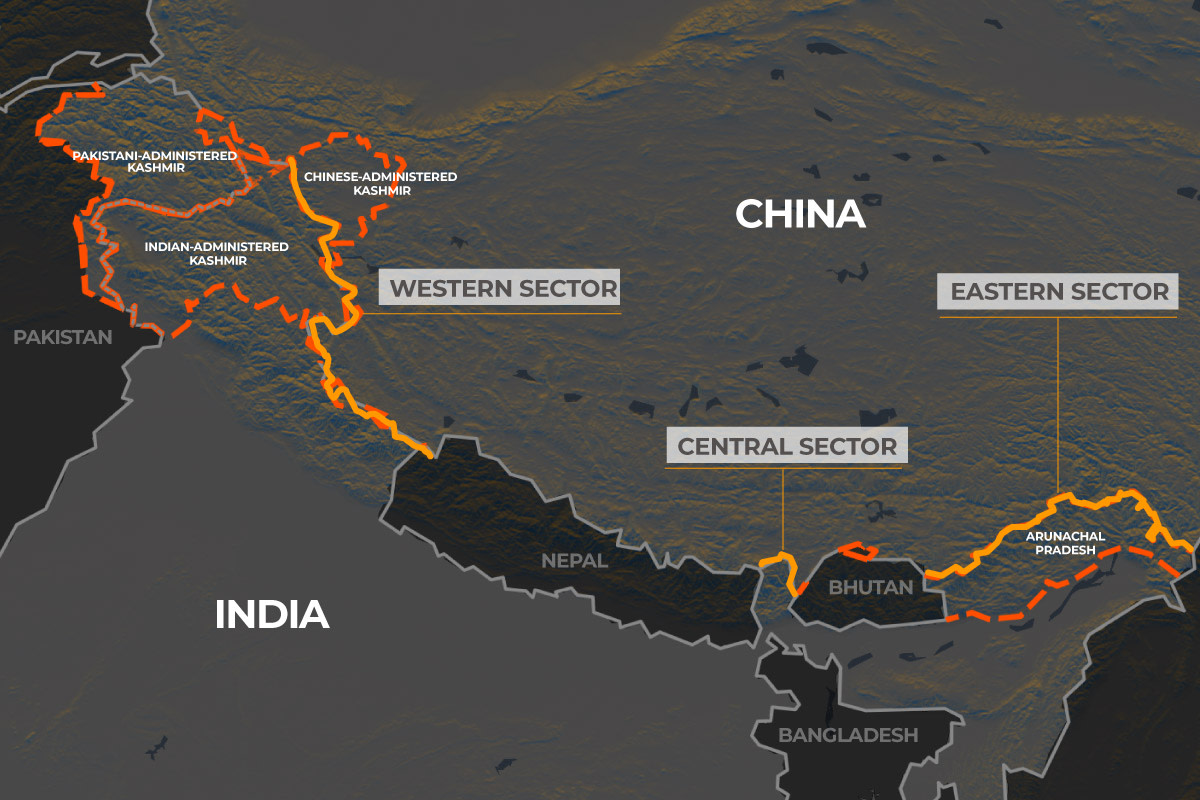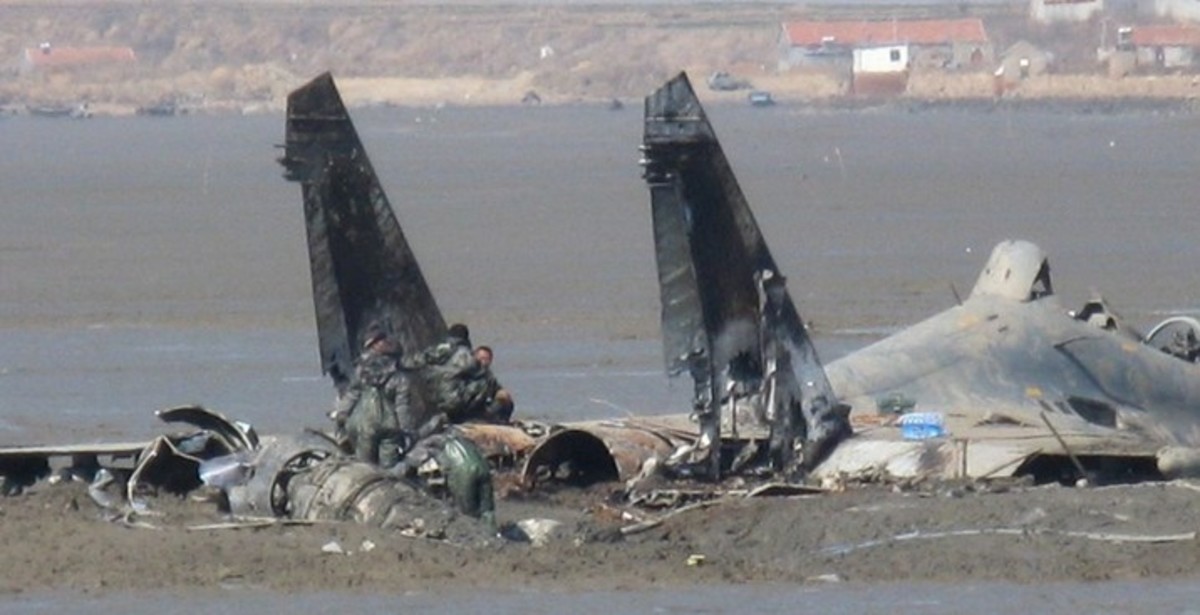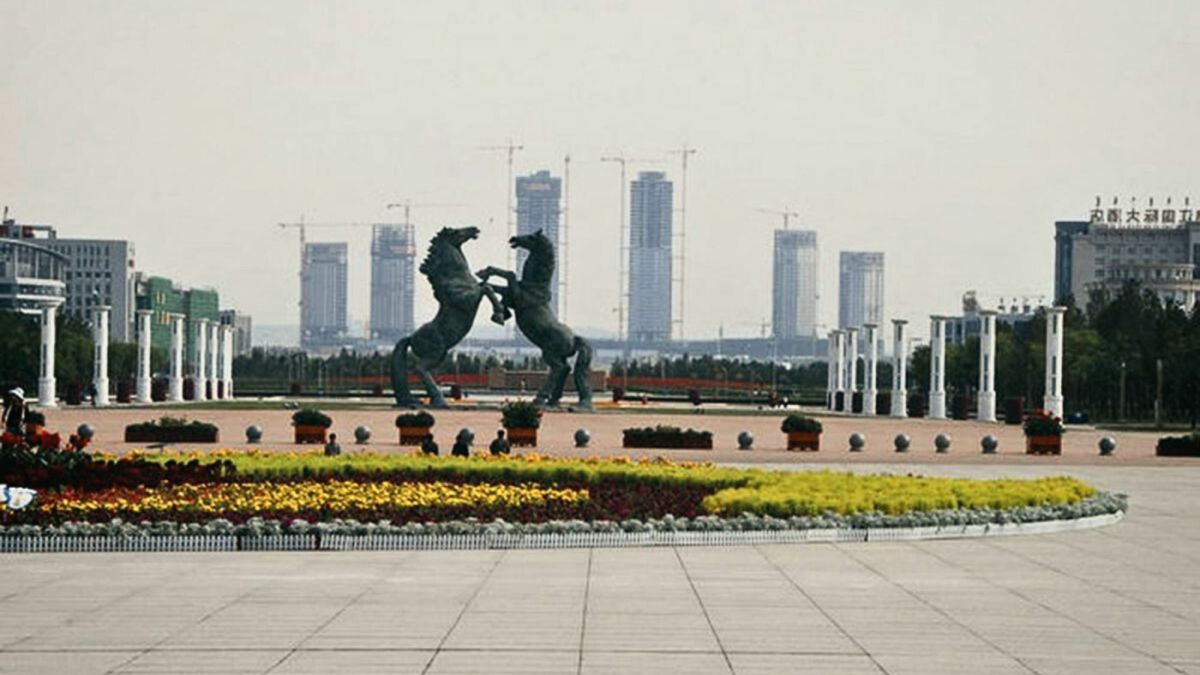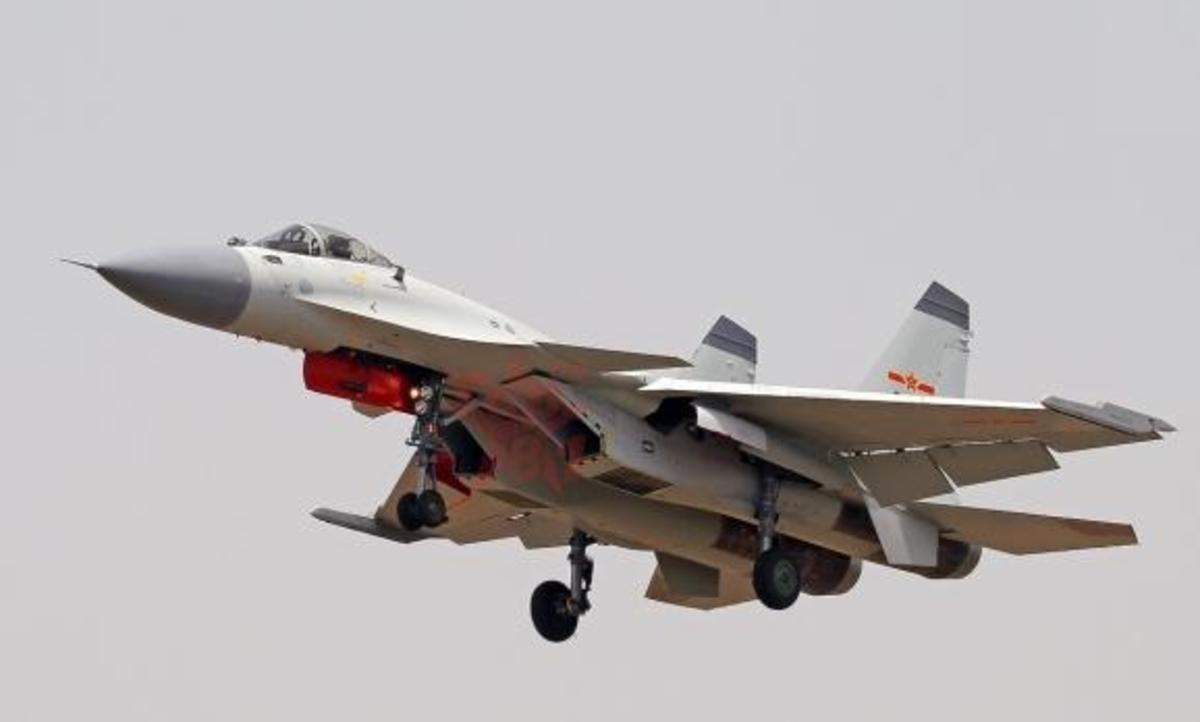Africa the motherland can emulate China the dragon's 6 good points
Africa the motherland learns from China
This is the second of a mini-series on China and Africa.
In this series, we shall read about:
1. How China capitalized on its cultural history of dynasties which were only broken briefly only to be re-established. We shall be introduced to Qin, Han, Sui, Tang, Song dynasties. Followed by the Mongols, who were overthrown by the Ming dynasty. This is paved the way to modern era China that interacted mostly with Europeans and missionaries.
2. We shall read about the effects of large populations being mobilized by a galvanizing leader. What this meant for China was a spirit of nationalism and confidence of people in their country and leaders.
3.We shall read about the unique investment portfolio of China.
4. In this series, we shall be introduced to what replaced the kow-tow obeisance that China insisted on as it dealt with other sovereign states.
5. China had threats and dealt with boarder skirmishes with next door countries. We shall be introduced to which countries these were as well as years.
6. China benefits from peace, like all nations. But is this in its agenda? Read on.
According to Harry G. Gelber,2007: The Dragon and the Foreign Devils
China is said to have consolidated itself, refined itself and became a powerful political and economical force in the era before the Qin dynasty. We are talking of 1100 BC-206 BC. This was a long period of organization, community engagement and social order. After that long illustrious regime came the Han to Sui dynasty of 206 BC- AD 581. This was followed by the Sui, Tang and Song dynasty of AD 581-1276. The Mongols followed in AD 1210-1368. These were followed by the Ming, South Sea Barbarians and missionaries from AD 1368- 1644. The Manchus and Russians interacted with China between AD 1644-1727. The Europeans established missions and Trade zones in AD 1719- 1816. There were struggles within China's boarders and outside of it. This culminated into the dissolution of the mandate of heaven between AD 1816- 1860. China experienced a collapse in the long heritage and conduct of business. There was a revolution too. These took place between 1860-1911. China played a pivotal role in the period following both world wars I and II. This was between 1912- 1941. It emerged as an ally and engaged in massive industrialization. By 1941-1949, China had established itself as a key player in the world.
"As it was, the many weaknesses of the Chinese government and its armies, together with the weakness of the British compelled the Allies to regard the entire span of the China-Burma-India campaigns as essentially defensive'" (Gelber, page 290).
Leadership changes and the mobilization of large masses of people for self sustenance became the pivot that changed China. China invested in education, science, technology, transport and communication infrastructure. This took place between 1949- 1976. Between 1976-2001 China had become the 'WORKSHOP' of the world. This was the 're-assertion' drive.
"Indeed by the turn of the 20th Century the US ceased to be a dominant exporter of goods and capital; in fact it became the only major imperial power on record to be a major debtor," Gelber, page 424).
Sources of Knowledge on China
Click thumbnail to view full-size




China Investing in the future
What is known as future in 'techno' terms is the ability to harness such potential resources and extract energy from them. In 'social, rights and nuclear' terms this also means relationships with G8 and other economic partners.
"In the future, furthermore, new technologies will also change energy supplies and consumption, building design and vehicles," (Gelber, page 425).
"...China's relationship with the United States was the core of Chinese foreign relations policy and plans....both sides find each other vital partners....curbing the spread of nuclear weapons," (Gelber, page 420).
Given the historical and colonial lessons, how should Africa treat all partnerships?
Are all relations between nations suspect?
According to Christopher Hibbert, 1970: The Dragon Wakes; China and the West 1793-1911
China shifted its conduct when it looked the world as composed of nations and sovereign states. Although this still took a long time to put into practice. War and skirmishes were engaged in and lessons were drawn from blood and a body of agreements.
China stressed obeisance and kow-tow a relic of past relations. It took it long to learn that other nations and sovereign states were to be accorded diplomatic protocol that did not denigrate any of the participants. This was foreign to China. There was a clash, each was suspicious of each other, each side calling the other savages. Wars and skirmishes no doubt erupted. Many of them involved massacres and retaliation.
"Despite the ease with which Ningpo was taken, Henry Pottinger demanded that it should be sacked; for here some British prisoners of the Chinese, including the widow of a sea-captain, had been savagely ill-treated," ( Hibbert, page 163).
China had threats but it dealt with them
1. Through diplomacy
2. Through exchange of technological expertise
3. Through loans and investments
4. Through establishing industrial and trade zones
5. Establishing political relations
According to Melvin Gurtov & Byong-Moo Hwang, 1980: China under threat; The politics of Strategy and Diplomacy
Relations between continents and countries is for beneficial. If one studied how China treated other countries and eventually came to this understanding, it is clear that relations are inevitable and they benefit all concerned. China had its ways and this has influenced the way it is perceived. China faced threats but had a way of dealing with them. Some of the threats were:
Korean war in 1950; Taiwan Strait Crisis in 1958; Sino-Indian boarder war of 1962; Vietnam conflict of 1965 ; and Sino-Soviet boarder clashes of 1969.
There was a strong wariness to imperialism by China. China went through regime changes and sought support from countries like Russia, America and Europe. They did respond at varied speeds. There was a history of limited commitment to support nationalist revolutions in China. China was dedicated to transformation of society along socialist lines. This influenced the way China looked at the world. Foreign policy is an outgrowth of domestic political priorities, values and institutions. China invested in measures to bring about peace within its boarders. It also had the desire for international peace and broad social transformation.
Conclusion
All in the policy, planning and programming in Africa should learn about how China was made powerful through a series of dynasties. Africa has had similar arrangements. It can use its history to claim the same glory, hard work and Pan-Africanism.
Large populations are an asset and can be mobilized for development.
Africa has a large number of galvanizing leaders. The leaders are in political, social, cultural, religious spheres. What this means for Africa is a spirit of nationalism and confidence of people in their country and leaders.
Africa has to generate a unique investment portfolio and it is this that it needs to use to negotiate with developed countries.
Africa has over 52 sovereign states, but it also has economic zones. It has to package its business plans in such a way that at all levels there are benefits.
Africa benefits from peace, like all nations. This should be built into its agenda. All powerful nations will work with Africa and this may have tangential advantages. This is a lesson it can learn from China's role during world war II.

